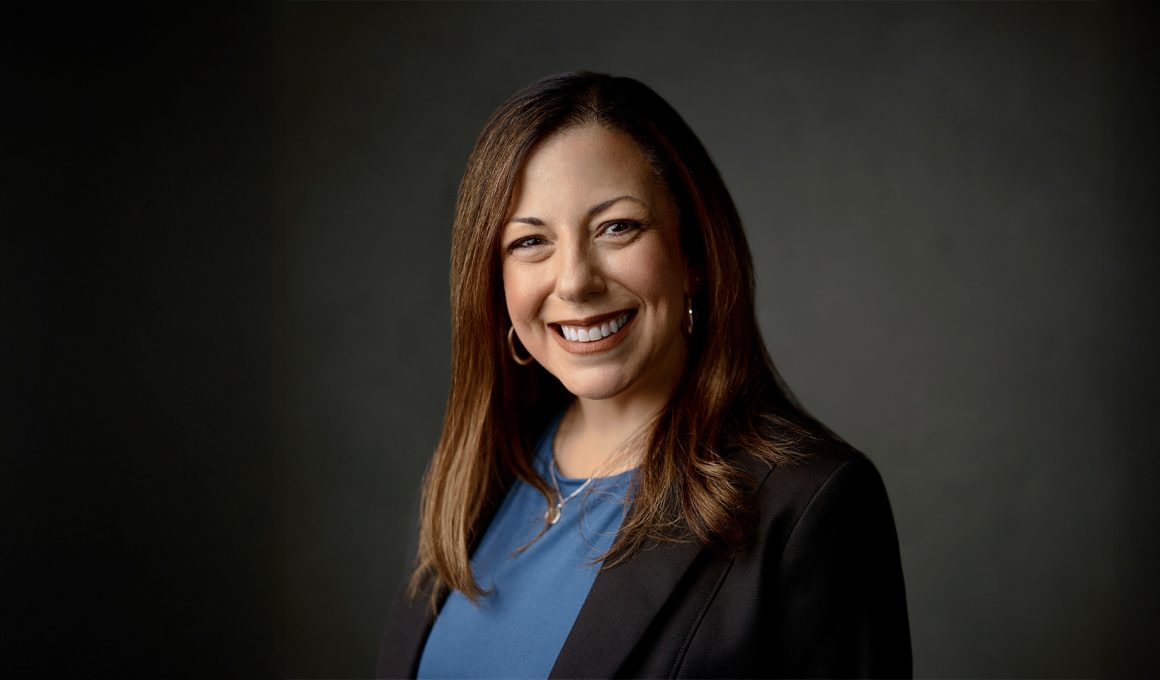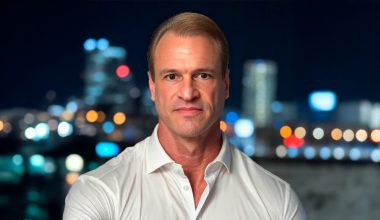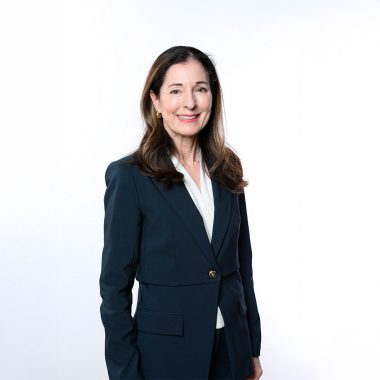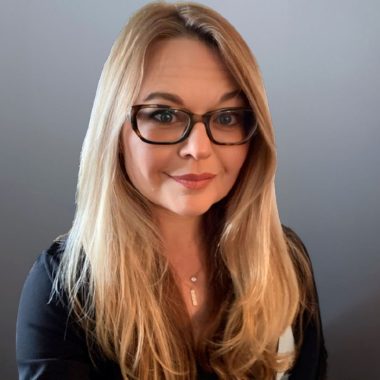When companies face turbulent conditions, from economic downturns to acquisition turmoil, having a steady hand at the marketing helm becomes crucial. With over 15 years of leadership experience primarily in B2B SaaS, Jennifer Kling has helped numerous organizations navigate through challenging periods as a fractional CMO. Her approach combines strategic vision with practical execution—offering valuable insights for business leaders facing today’s unpredictable landscape.
Delivering Hands-On Leadership
Jennifer doesn’t just direct from afar. “I believe in being not just a strategic leader, but also a player coach,” she says. This means she’s willing to get her hands dirty with actual execution – writing content, building systems, and developing processes alongside the team. “Most of my experience has been in B2B SaaS,” Jennifer explains. For the past two years, she’s worked as a fractional marketing leader, helping companies build strategies while also implementing them. This dual approach has proven particularly valuable during turbulent times.
When Jennifer joins a new company, she doesn’t arrive with pre-packaged solutions. Instead, she takes time to understand what’s already happening. “I look at what a company is currently doing, what their current landscape is,” she notes. This includes examining the marketing team, organizational structure, and the company’s position in its industry. She reviews existing systems, processes, programs, and results – both historical and current. This assessment becomes even more crucial during uncertain times, which Jennifer is careful to define broadly. “It could be what’s happening in the general environment – the dot com bust, recessions, COVID, when Silicon Valley Bank collapsed.” But she also recognizes internal uncertainties: “changing leadership” or companies “being acquired or about to be acquired.” A fractional CMO who is both strategist and practitioner can quickly adapt to a company’s specific challenges.
Adapting Leadership for Team Success
Jennifer believes leadership flexibility directly impacts team performance during challenging periods. “It’s difficult to expect a marketing team to adapt if their leader can’t,” she says plainly. “A good leader needs to adapt to the environment and to their team to make sure everyone is still working together cohesively.” This adaptability extends to customer communications. When companies face difficult situations – like missing funding targets that impact product development – messaging becomes tricky.
“The last thing you want to do is go to your customer and say, ‘We’d love to make those product improvements, but we can’t because we’re not getting funding,'” Jennifer warns. Instead, she works with founders to develop more thoughtful communications. “I workshop with founders. Founders are the most passionate about their product and company, but they’re not always the best at messaging it,” she explains. This collaboration helps translate founder passion into effective customer communication.
Balancing Quick Wins with Long-Term Growth
Every marketing leader faces pressure to deliver immediate results while building for the future. Jennifer doesn’t see these as competing priorities. “You have to work on your long-term brand strategy in parallel with demand generation campaigns that will yield results right away,” she explains. Brand building takes time – sometimes a year or more before showing clear ROI – but can’t be ignored. She uses a practical approach: look at what’s worked before, and if there’s limited history, be willing to test. “I look for programs that can be executed quickly,” working with internal resources or trusted contractors to implement rapidly. “We run short sprints to see if it’s yielding results,” Jennifer says. “If it’s generating leads, we continue to fine-tune. If not, we quickly pivot to plan B.”
Not every relationship works perfectly. Jennifer has found success with founders who recognize their own limitations. “Founders who I’ve had the most success with are ones who recognize they have particular expertise that may not include marketing,” she says. “Even if they do have marketing expertise, they recognize that they need to bring in people to take the day-to-day off their plate.” With countless responsibilities – product roadmap, customer interactions, board meetings, investor relations, culture building – founders must prioritize. The best relationships form when founders contribute vision without micromanaging execution. Jennifer tailors her approach to each situation. “I don’t want to go in with a cookie-cutter approach. Every company is unique, every founder is unique, every product is unique. What works at company A may not work at company B.”
Embracing Lessons from COVID
The pandemic forced everyone to adapt quickly. Jennifer recalls her team’s pivot from in-person to virtual events: “Instead of doing an in-person hosted event, we pivoted to virtual, which was extremely successful. Was it perfect? I would say no. Were there things we learned? Absolutely.” The result actually exceeded expectations – “thousands of people attending, which was more than we would have gotten from an in-person event.” This experience reinforced her belief in thoughtful adaptation. Five years later, she observes, “Nothing is the same as it was prior to March 2020.” This applies to events, marketing approaches, and business generally.
Having weathered multiple economic cycles – “the dot com bust, the mortgage crisis in 2008-2009, COVID” – Jennifer brings valuable perspective to companies facing today’s uncertainties. Her blend of adaptability, practical leadership, and honest communication has guided companies through periods of uncertainty time and time again—proof that steady vision and flexible execution can help any business weather the storm.
Follow Jennifer Kling on LinkedIn for more expert advice on navigating marketing challenges.








